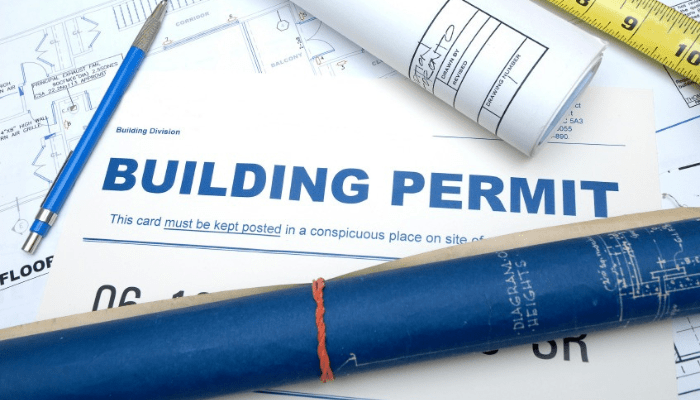Stakeholders have canvassed the usage of digital platforms to enhance the process of getting building permits and to reduce bureaucratic delays
The Resident Engineer at Shalom Park Estate, Oluwatoyin Fasanya, stressed the importance of transparency in obtaining building permits, leveraging technology to streamline the process and reduce bureaucratic delays.
He said, “Leveraging digital platforms for building permits can enhance transparency and reduce bureaucratic delays that sometimes lead to developers circumventing regulations. In addition, there is a need for proactive measures and the integration of technology to prevent future collapses. While strict enforcement is vital, we must also embrace technological advancements. This includes leveraging drone technology and advanced surveying equipment for site analysis and continuous monitoring.”
The Business Development Manager at Shalom Park Estate, Oluwatobi Ariremako, said the government, professional bodies, and the private sector need a multi-faceted approach, combining stringent regulations, technological innovation, and public education to tackle this matter.
He proposed, “Investment in research and development of innovative building materials suited to Lagos’ unique environmental conditions. Public awareness campaigns highlighting the risks of illegal constructions and modifications are also essential.
The government, professional bodies, and the private sector need a multi-faceted approach combining stringent regulations, technological innovation, and public education.”
Speaking on the recent collapse at Ojobu Berger, Ariremako noted that the crisis stemmed from a fundamental failure to adhere to existing building codes and a lack of robust regulatory oversight.
“The frequency of building collapses in Lagos is a direct indictment of the lax enforcement and lack of adherence to established building codes. At Shalom Park Estate, we prioritise structural integrity, investing in thorough geotechnical investigations, qualified structural engineers, and rigorous quality control. The Ojodu collapse highlights the dangers of cutting corners, using substandard materials, and neglecting proper supervision.
“The government must intensify enforcement, conduct regular inspections, and hold developers accountable. Furthermore, a concerted effort to educate the public on engaging qualified professionals is crucial. We must foster a culture of safety and compliance.
“The collapse in Ojodu-Berger serves as a stark reminder of the human cost of negligence and systemic failures within the construction industry. The lives and livelihoods of Lagos residents hang in the balance, demanding a collaborative and decisive response from all stakeholders to build a safer and more resilient urban environment. Only through rigorous enforcement, innovative solutions, and a commitment to ethical practices can Lagos hope to avert future tragedies and ensure the safety of its citizens,” he said.















